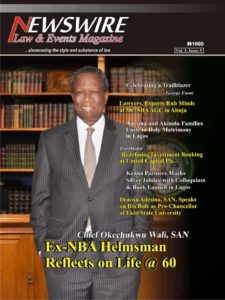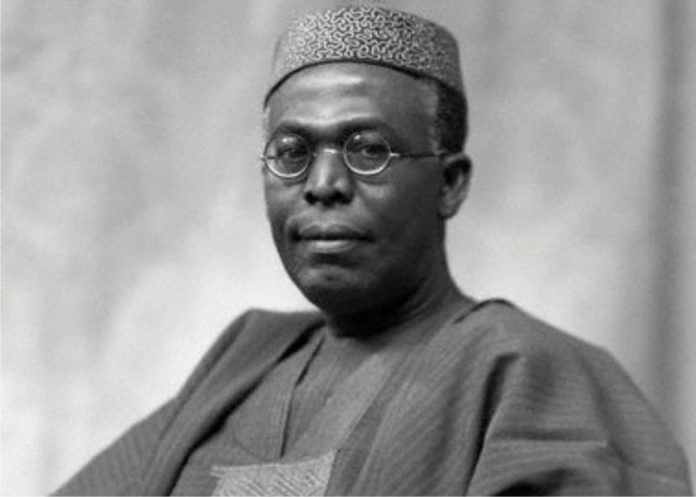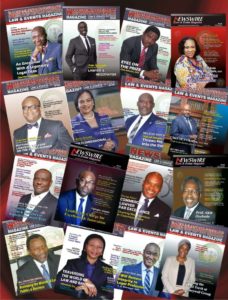
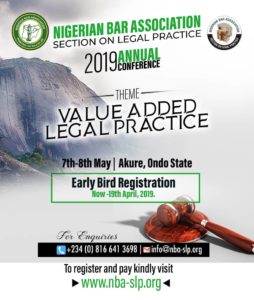
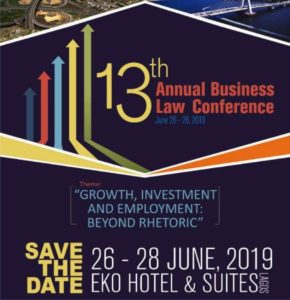
Envisioning the Yoruba in an Ideal Nigerian Federation
Yoruba values are the ageless strength of the Yoruba nation. Paradoxically, they are also part of her challenges. The core value of Omoluabi still remains the pillar of the Yoruba civilization. Iwa (Character) is its fundamental moral principle. Guided by this principle, generations of Yoruba parents brought up morally upright children who have gone on to succeed wherever they find themselves. They were told that if they demonstrated outstanding traits of character, they would go places. However, should they develop bad character, they might open themselves up to derision and hate.
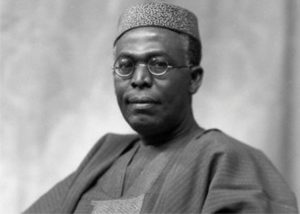
The components of Iwa include a strong habit of hard work (ise logun ise), the philosophy of live and let live, and hospitality (ikonimora) to mention a few. We also have a rich language which appears to accommodate opposites without qualm. While we say ise logun ise, we also insist that kirakita ko do la, ka sise bi eru ko da nkan. Also, with the same mind that we philosophize about the morality of hospitality, we also express our misgiving about preferring strangers to natives (eniti a bi won bi kii wu won….). We are not worried about the apparent ambivalence of our proverbial statements. Our ancestors prioritize moderation and balance in every situation. If we learn from them, we would have little or no challenges that we do not have indigenous resources to meet.
In an ideal federation, the central and regional or state governments are co-equals. There is no parasitic relationship and the regions/states have sovereignty over affairs relative to their customs and cultural traditions, including language policy, education, economy, etc. Specifically, an ideal federalism respects cultural democracy. That the Nigerian Federation is non-ideal is no longer news. It has been so since 1966 despite the complaints of many citizens, including political leaders, traditional rulers, educationists, legal luminaries, labor, and students. We also know that this deviation from the norm of federalism has been a clog in the wheel of our national progress and development.
We know where we were at the dawn of independence having been in an ideal federation for at least five years before 1960. And we know where we were on the eve of January 15, 1966. And we can infer where we would have been if, on that day, the brake pedal of unitarism had not been depressed to slow our forward march.
No one is in doubt that the current federal structure of the Nigerian state undermines the progress of every group, the Yoruba especially, in all areas. Recall, for instance, that the Awolowo administration defied the colonial federal government to pursue its own development agenda even though it meant forfeiting its allocation of federal fund. So, the current federation is not anything but a setback for the aspirations of the founding fathers of the former Western Region. For the Yoruba or any ethnic nationality or region to make progress relative to its aspirations, we must have something close to an ideal federation, if the ideal cannot now be achieved.
Having made the point in the last paragraph, however, let me throw in a major caveat. We know the impediment to Yoruba progress in the current quasi-unitary system. But there is also another matter that must agitate our mind as we contemplate restructuring toward an ideal federation.
What we haven’t really confronted is what prospects and challenges the Yoruba might encounter in an ideal Nigerian Federation when restructuring is accomplished. Hopefully, the prospects are excellent for a re-configuring of our zonal agenda for the development of our people. However, I hazard a guess that there would still be some great difficulties in view of our special circumstances. Unfortunately, we haven’t engaged seriously with these issues. Here I choose one for further reflection.
We suffer from a deficit of consensus, talk less of unity of purpose. We pride ourselves in the matter of the priority we give to differences of opinions on matters of importance. We cannot all sleep and face one direction. Our uniformity of tongue and blood doesn’t prevent bitter political fights. No Yoruba leader since the days of Awolowo has ever controlled the admiration, talk less loyalty of a large percentage of the people. Superstitiously, we attribute this to the curse of Aole. But if we don’t speak with one voice, who is going to take us seriously? It is no surprise that the political geckos have always taken advantage of the cracks in our walls to invade our space.
It is even more distressing that the most disruptive conflicts have not occurred because of ideological differences. Conflicts of personalities have always been the bane of our civilization from the days of inter-tribal wars to contemporary shenanigans among traditional rulers and political leaders.
Along with the foregoing is our posture regarding our common ancestry and the glorious history of our immediate past. We are justifiably highfalutin recalling our exploits in the First Republic. We were first in all the innovations that mattered to a developing country. We were like a country within a country. And we regret that our march of progress was stopped because we decided to go national with our brand when all that national leaders saw then was a threat to their hegemony.
Now that we have been strategically partitioned into tiny cubicles, each cubicle head decides to guard its power trimmings jealously. Thus, when the idea of a return to regionalism was first proposed years ago, the first attack on the idea came from our zone. “We are not ready to go back to Ibadan was the refrain” as if we are incapable of out-of-the-box thinking again. Surely going back to Ibadan or using another regional headquarter can’t be our only option.
What we do about this issue of internal division and personality conflict is going to determine (a) whether we project a common voice regarding the need for restructuring and (b) whether and how we benefit from it when it finally occurs.
About (a), we shouldn’t deceive ourselves thinking that APC leaders among us are the resisters. Many of them have been lifetime advocates of restructuring. The truth is that, in the present republic, resistance started in 2005 during the Obasanjo constitutional conference when PDP was in power in the Southwest apart from Lagos. The Yoruba Agenda was carefully prepared by activists and civil society leaders. It was endorsed across the board only to be turned down by PDP Governors who insisted that they were the elected leaders and they must have their way regarding the political agenda for the Yoruba.
Of course, they had the backing of the then President whose disdain for restructuring was and is not a secret. If there are APC political office holders now resisting restructuring, it may be worth our while looking into the negative psychology of power that overcomes its bearers and render them incapable of long-term consideration of legacy. Just as the curse of a country with a wobbly foundation is not borne alone by one party or the other, so the blessings of a restructured Nigeria will rebound on everyone whether they support it now or not. But history records impartially and, in the fullness of time, it will make its record public.
On (b) assume that restructuring finally occurs despite the resistance of the powerful. If the Yoruba are at each other’s throat, how are they going to benefit? A restructured Nigeria, with a true federal system, where federating units are quasi-autonomous, and are in control of their resources while paying taxes and royalty to the federal government, will not be a bed of roses initially. The success of each federating unit in such a system will depend on the quality of its human talents more than the material resources it controls. Therefore, the Southwest must prepare itself through the creative energy of leaders and followers who work cooperatively to reinvent the pacesetting genius of its past.
The future that we envision calls for the closing of ranks and the mending of fences that tend to divide. This is our urgent TASK.
Newswire, we present the world of law and the issues that engage them. This edition is yet again, ‘Mind-blowing’. Go get your copy(ies) Now!
